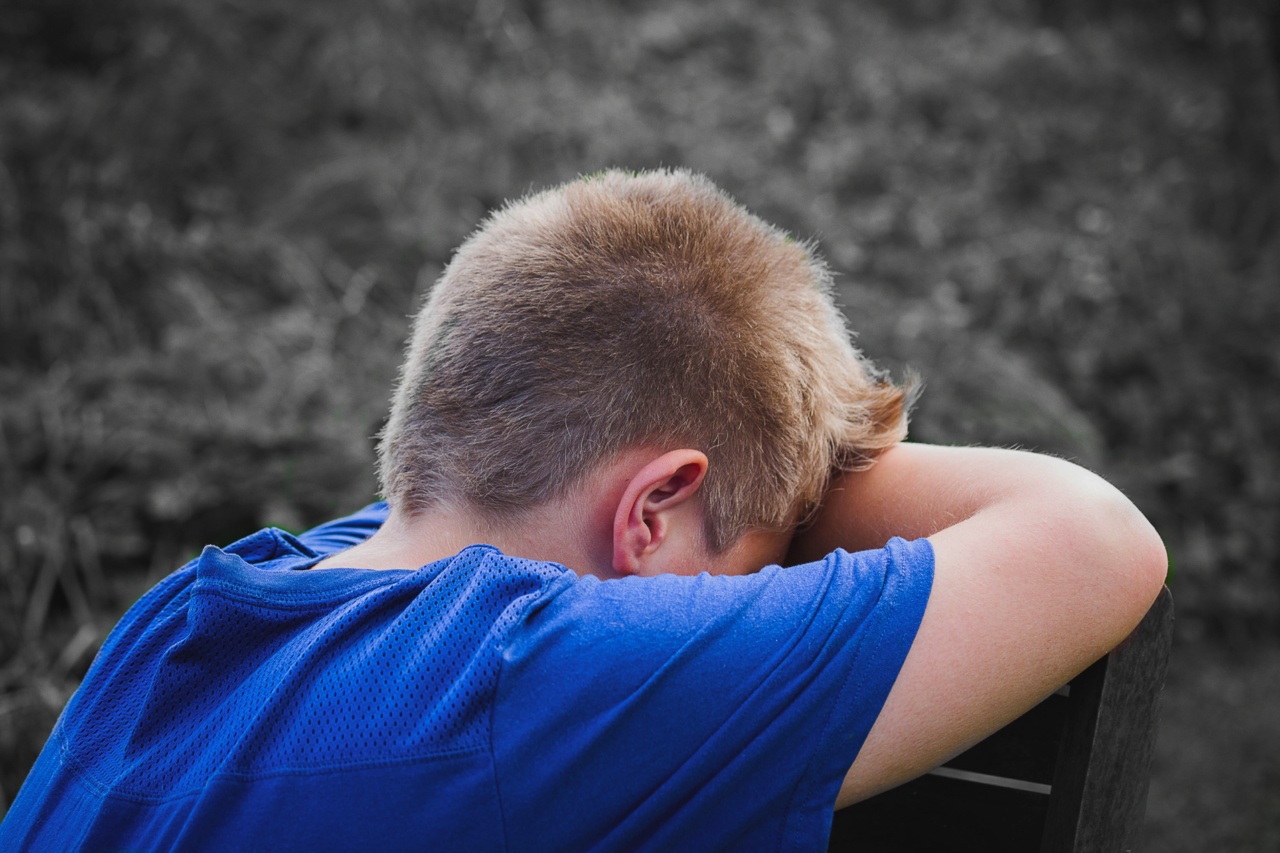Depression is a mood disorder that affects millions of people worldwide. It’s a serious mental health condition that can severely impact one’s quality of life.
While most people have heard about major depressive disorder, there’s another form of depression known as low-grade depression that is often unknown and overlooked.
Low-grade depression is also known as persistent depressive disorder or dysthymia. It is a chronic form of depression where individuals experience symptoms for prolonged periods.
Unlike major depressive disorder, low-grade depression does not have severe symptoms. However, its long-term nature can make it difficult to spot.
Causes of Low-grade Depression
Low-grade depression is caused by several factors. These include:.
Genetics
Genetics can play a role in the development of low-grade depression. Studies have shown that individuals with a family history of depression are more likely to develop the condition.
Environmental Factors
Low-grade depression can also result from environmental factors such as chronic stress, substance abuse, prolonged illness, or chronic pain.
Brain Chemical Imbalance
Depression can also result from a chemical imbalance of neurotransmitters in the brain. These neurotransmitters include dopamine, serotonin, and norepinephrine, which regulate mood, sleep, and appetite.
Symptoms of Low-grade Depression
The symptoms of low-grade depression are milder than those of major depressive disorder. However, they often last longer, usually for two years or more. The symptoms include:.
Changes in Appetite and Sleep Patterns
Individuals with low-grade depression may experience changes in their sleep patterns and appetite. They may have trouble falling asleep or staying asleep, wake up earlier than usual, or sleep more than usual.
They may also experience changes in appetite, such as overeating or under-eating.
Feelings of Hopelessness or Pessimism
People with low-grade depression may feel a pervasive sense of hopelessness or pessimism about their lives. They may feel that nothing will ever change and that they will always feel this way.
Low Energy or Fatigue
Individuals with low-grade depression may feel fatigued or have little energy to do the things they enjoy. They may find it challenging to carry out day-to-day activities or maintain social relationships.
Low Self-esteem
People with low-grade depression may have low self-esteem and a negative self-image. They may constantly criticize themselves and believe that they are not good enough.
Treatment for Low-grade Depression
Low-grade depression may not require immediate medical treatment. However, it’s essential to seek help if the symptoms persist for an extended period. The following are treatment options for low-grade depression:.
Talk Therapy
Talk therapy, also known as psychotherapy, can help individuals with low-grade depression. It involves talking with a licensed mental health professional to explore the root cause of the condition and develop coping mechanisms to overcome it.
Cognitive-Behavioral Therapy
Cognitive-behavioral therapy is a type of psychotherapy that focuses on changing negative thought patterns. It helps individuals to recognize and modify negative thinking so that they can develop positive coping mechanisms.
Exercise and a Healthy Diet
Exercise and a healthy diet can also help to alleviate the symptoms of low-grade depression. Physical activity releases endorphins, which help to boost mood, while a healthy diet provides the nutrients necessary for optimal brain function.
Medication
Antidepressants may also be used to treat low-grade depression. They work by regulating the levels of neurotransmitters in the brain.
Conclusion
Low-grade depression is a chronic form of depression that can significantly impact one’s quality of life. It’s essential to recognize the symptoms and seek treatment if they persist for an extended period.
The treatment options for low-grade depression include therapy, exercise, a healthy diet, and medication if necessary.





























